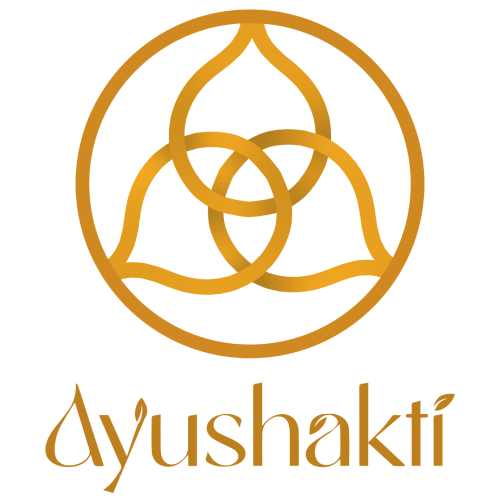
The Hidden Dangers of Eating Dinner After 9 PM
Share
A large-scale French study has recently shed light on how meal timing may play a crucial role in heart and brain health. Researchers tracked the dietary habits of over 100,000 participants who maintained detailed food diaries.
The findings were striking—those who regularly had dinner after 9 PM faced a 28% higher chance of stroke or mini-stroke compared to people who ate before 8 PM.
Over a follow-up of nearly seven years, close to 2,000 cases of cardiovascular events (including strokes and heart attacks) were reported. Interestingly, while late-night dinners did not significantly raise the risk of coronary heart disease, each hour’s delay in dinner increased stroke risk by about 8%. Similarly, postponing breakfast by an hour was linked to a 6% greater risk of cardiovascular conditions, particularly among women, who made up 80% of the participants.
The study, published in Nature Communications, emphasizes that meal timing—not just what we eat—may have long-term health implications. Earlier research on animals has shown that late eating can spike blood sugar and blood pressure, but more human studies are still required for concrete conclusions.
According to Dr Bernard Srour, the senior author, this pattern highlights potential dangers of eating late at night, even if one’s schedule seems to demand it.
Ayurveda’s Perspective: Dinacharya and Ratricharya
Ayurveda has long stressed the importance of aligning daily habits with natural rhythms. This is where the concept of Dinacharya—the Ayurvedic daily routine—comes in.
In today’s busy lifestyle, we often overlook self-care, but Ayurveda reminds us that a structured daily routine supports mental clarity, physical strength, and emotional stability.
Key Benefits of Dinacharya:
1. Keeps the doshas (body energies) in balance.
2. Lowers the risk of diseases.
3. Enhances vitality and longevity.
4. Promotes holistic well-being through regular habits.
Daily Practices in Dinacharya:
1. Brahma Muhurta Uttishta – Waking up before sunrise.
2. Danta Dhavana – Brushing teeth.
3. Jihwa Nirlekhana – Tongue scraping.
4. Kavala & Gandusha – Oil pulling or mouth rinsing.
5. Nasya – Herbal nasal drops.
6. Dhoomapana – Inhalation of herbal smoke.
7. Anjana – Herbal collyrium for eye health.
8. Abhyanga – Self-massage with oil.
9. Udwartana – Herbal powder massage.
10. Vyayama – Regular exercise.
11. Snana – Cleansing bath.
Nighttime Routine: Ratricharya
Ayurveda also provides guidance for evenings. Ideally, dinner should be consumed within 2 hours of sunset and should consist of light, easy-to-digest foods. After meals, a short walk of about 100 steps is recommended, followed by rest. One should go to bed within two hours of eating to allow proper digestion.
For sound sleep, Ayurveda suggests resting on a comfortable, broad bed, ideally with the head facing east.
Why It Matters
Modern science and ancient Ayurveda both underline the same truth: when you eat is just as important as what you eat. Eating late, irregular sleep, and stress contribute to lifestyle disorders and reduce lifespan. By adopting small but meaningful changes—like following Dinacharya and Ratricharya—you can transform your overall health.
For powerful health transformation stories, subscribe to the Ayushakti YouTube channel: https://www.youtube.com/user/AyushaktiTV
For regular health tips & updates visit Ayushakti’s Social Media Pages:
- Facebook – Ayushakti Ayurved | Facebook
- Instagram – Ayushakti Ayurved (@ayushakti)
- Pinterest – ayushaktiayurveda
Get all the updates about Ayushakti Ayurved on WhatsApp directly. Click here to Join our WhatsApp Channel
Ayushakti's mission is to help people in every way possible. Our Ayurvedic experts are available to give you a consultation either over the phone or through a video consultation. We recommend customised diets, home remedies, and detox therapies to help you recover from health problems. Book your consultation now!
If you would like to know the location or visit one of our centres, please click here: https://www.ayushakti.com/home/p/contact
For more information, write to us at info@ayushakti.com or call our toll-free numbers: 18002663001 (India) and +18002800906 (Global).
Blog Author: Dr. Ramchandra Konduskar
Expert Review: Dr Smita Pankaj Naram
Co-Founder, Ayushakti Ayurved Pvt Ltd
Disclaimer: This blog is for educational purposes only. Please consult an Ayurvedic practitioner before trying or consuming any medicines, home remedies or treatments mentioned in this blog. The information provided is not intended to diagnose, treat, cure, or prevent any disease.





